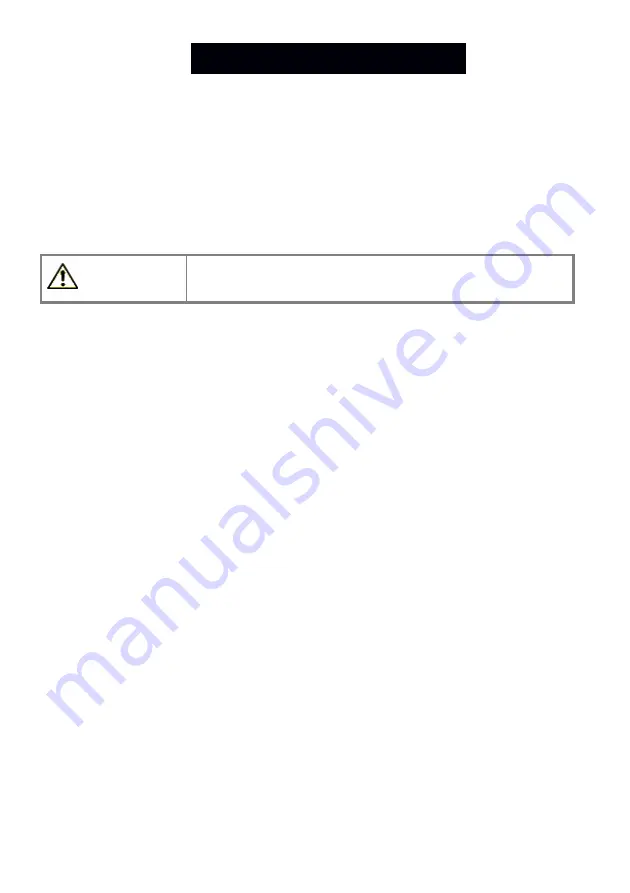
4
Before Operation
Check the followings first:
1. Make sure the workplace is suitable to perform cutting work.
2. Verify if the capacity of air compressor could provide sufficient airflow rate for the tool.
3. Drain the water in compressor tank; fill the lubricator with oil (SAE#10 or equivalence)
and make sure no rust or problem found in the compressor.
4. Check and adjust the operating pressure of compressed air; the best work pressure is 90
psi (6.2 bar or 6.3kg/cm
2
); excess air pressure may result in over-speed hazard.
Preparing Connections:
WARNING
Make sure the following procedures have been complied
with respective instruction before operation
1. Workplace for operating cutting saw must comply with related safety & health regulation.
2. Connect tool to the air hose, water hose and air exhausting hose as the following steps:
2-1. Connect water hose to water inlet: dip the hose end (about 3 cm long) in 95-100
o
C hot
water for 10 seconds to soften the hose end; this could facilitate the hose to be easier
connected to the water inlet. Be careful not to scald by the hot water.
2-2. Make sure the air hose have been properly connected to air inlet of tool.
3. Connect air hose to air inlet:
3-1. Remove any dust or particle found in the air hose and adapters to prevent from
feeding particles into the tool and result in possible damage.
3-2. Verify if the adapters are firmly secured on the hose; connect the hose between air
compressor and tool.
Prepare the Fist Cutting:
To prevent from any possible injury to the user or damage the workpiece,
always keep the cutting blade away from workpiece before opening the
trigger.
Make sure the operators keep in a safety distance from the cutting
blade before feeding the air to the tool.
Always disconnect the air hose adapter before changing the cutting
blade, repairing the tool or when the tool is not in use.
Use personal safety equipment such as goggle, earmuffs, mask &
apron in work.
Choose proper cutting blade for different material of the workpiece.
Never use a cutting blade marked with a speed lower than rating speed
of tool.
Never use a broken or damaged cutting blade.
If the tool drops by accident, check and verify carefully to make sure the
tool works normally before proceeding your work.





